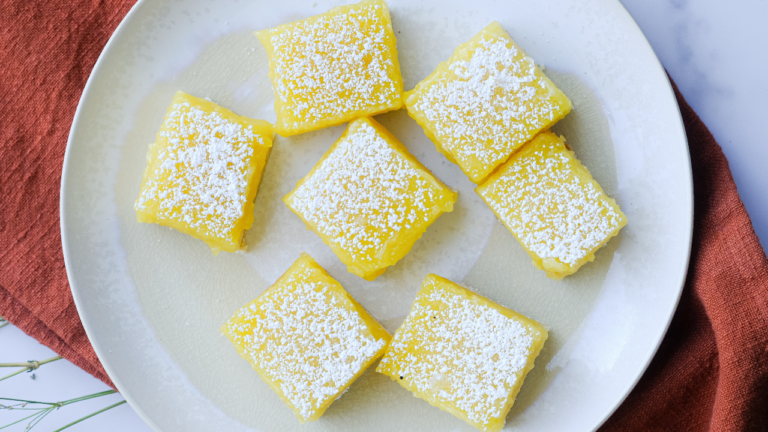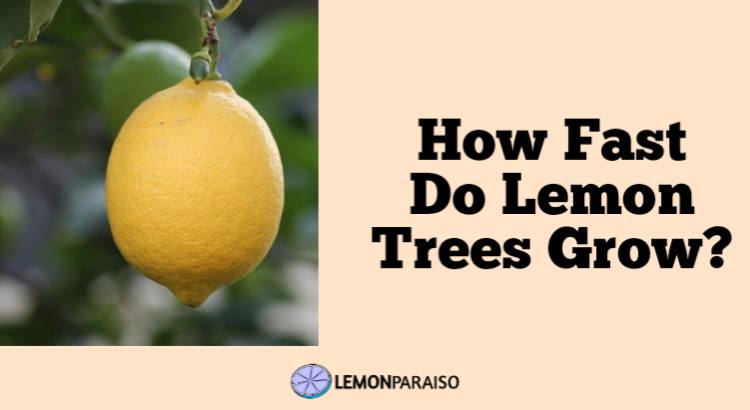Meyer Lemon Tree Pollination
Understanding the process of pollination can greatly enhance your success in growing and caring for Meyer lemon trees. Pollination is a crucial process for fruit production in these trees, and understanding it can help you make the most out of your Meyer lemon tree.
How Does Pollination Work For Meyer Lemon Trees?
Pollination is a vital process that enables Meyer lemon trees, like all flowering plants, to produce fruit. Meyer lemon trees flower profusely, presenting clusters of beautiful, fragrant white blossoms that provide the potential for fruit set. The process of pollination begins when pollen grains from the male part of a flower, the stamen, are transferred to the female part, the stigma.
After this transfer occurs, the pollen grains germinate, developing pollen tubes that grow down the style to the ovule. Here, fertilization takes place, where the plant’s genetic material is combined. This is what triggers the development of the lemon fruits that we enjoy.
Are Meyer Lemon Trees Self-Pollinating?
Yes, Meyer lemon trees are self-pollinating. This means they contain both male and female reproductive organs within each flower, allowing for self-fertilization. This trait enables a single tree to produce fruit without the need for a second tree of the same species nearby.
Self-pollination occurs when the pollen from the stamen of a flower is transferred to the stigma of the same flower. This can be facilitated by wind, insects, or even the tree’s own growth and development. Therefore, even if a Meyer lemon tree is isolated, it can still bear fruit due to its self-pollinating nature.
Do Meyer Lemon Trees Require Cross-Pollination To Produce Fruit?
While Meyer lemon trees are capable of self-pollination, they do not require cross-pollination to produce fruit. Cross-pollination refers to the transfer of pollen from the stamen of one flower to the stigma of a different flower on a separate plant.
However, it’s worth noting that cross-pollination can sometimes result in a higher yield of fruits or fruits of better quality. This happens because the genetic material from two different trees combines, providing a greater diversity of traits. Despite this potential benefit, Meyer lemon trees can still bear a substantial amount of fruit through self-pollination alone.
What Are The Pollinators For Meyer Lemon Trees?
Meyer lemon trees, like many other citrus varieties, rely on a range of pollinators to help facilitate the pollination process. The most common pollinators are bees, which are attracted to the tree’s fragrant flowers. They transfer pollen from flower to flower as they collect nectar.
Other insects, like butterflies, moths, and certain beetles, can also act as pollinators for Meyer lemon trees. In some areas, wind may also play a significant role in transferring pollen between flowers. Despite this, bees remain the primary and most effective pollinators of these trees.
Can I Hand-Pollinate My Meyer Lemon Tree?
Yes, you certainly can hand-pollinate your Meyer lemon tree. This can be a useful strategy, particularly in environments where natural pollinators are scarce or if the tree is grown indoors. To hand pollinate, you can use a small paintbrush or cotton swab to gently collect pollen from the stamen of a flower and then dab it onto the stigma of the same or another flower.
Hand-pollination mimics the action of natural pollinators, facilitating the transfer of pollen and encouraging fruit set. It’s a simple and straightforward technique that can help ensure your Meyer lemon tree bears fruit, even in less-than-ideal conditions.
What Happens If My Meyer Lemon Tree Doesn’t Get Pollinated?
If a Meyer lemon tree doesn’t get pollinated, it won’t produce fruit. Despite the tree producing blossoms, without the crucial step of pollination, these flowers will eventually wither and fall off the tree without setting fruit.
This can occur if there are no natural pollinators present or if environmental conditions discourage the activity of pollinators. In these cases, the tree will still grow and produce blossoms, but it won’t yield the lemons that we typically associate with a healthy, productive Meyer lemon tree.
Can I Plant Other Citrus Trees Near My Meyer Lemon Tree To Improve Pollination?
Yes, planting other citrus trees near your Meyer lemon tree can potentially improve pollination. While Meyer lemon trees can self-pollinate, having other citrus trees nearby can increase the chances of cross-pollination. This is due to the fact that more trees attract more pollinators, thus facilitating the transfer of pollen.
Cross-pollination can potentially result in more abundant or higher-quality fruit. However, it’s important to consider factors such as the specific varieties of citrus trees being planted together, as some may compete for resources, potentially impacting overall tree health and fruit production.


